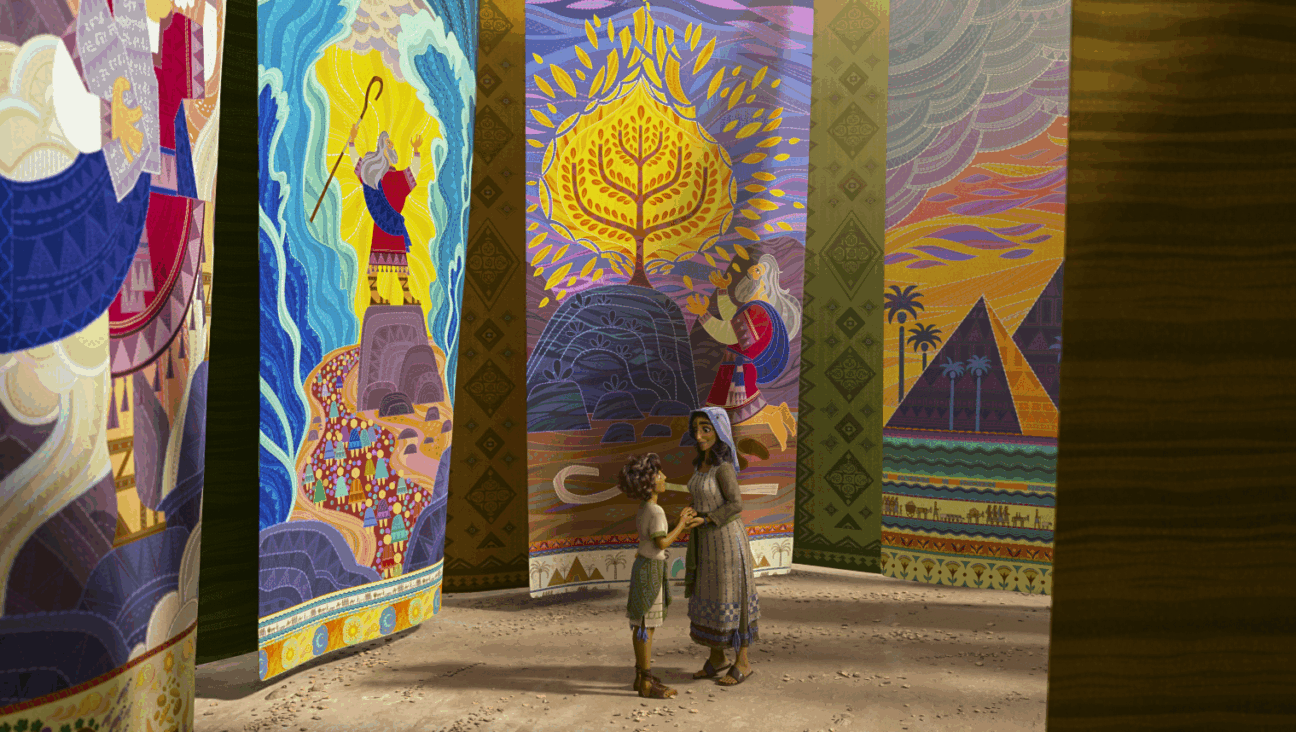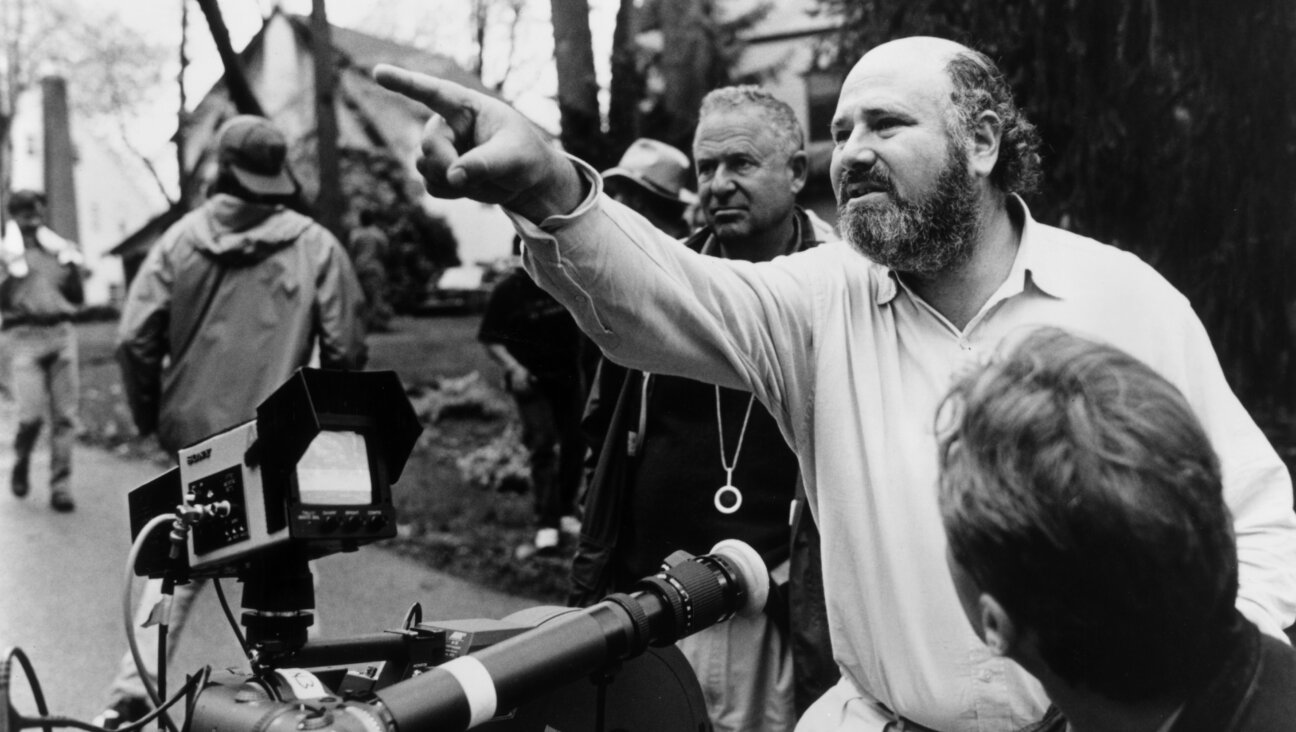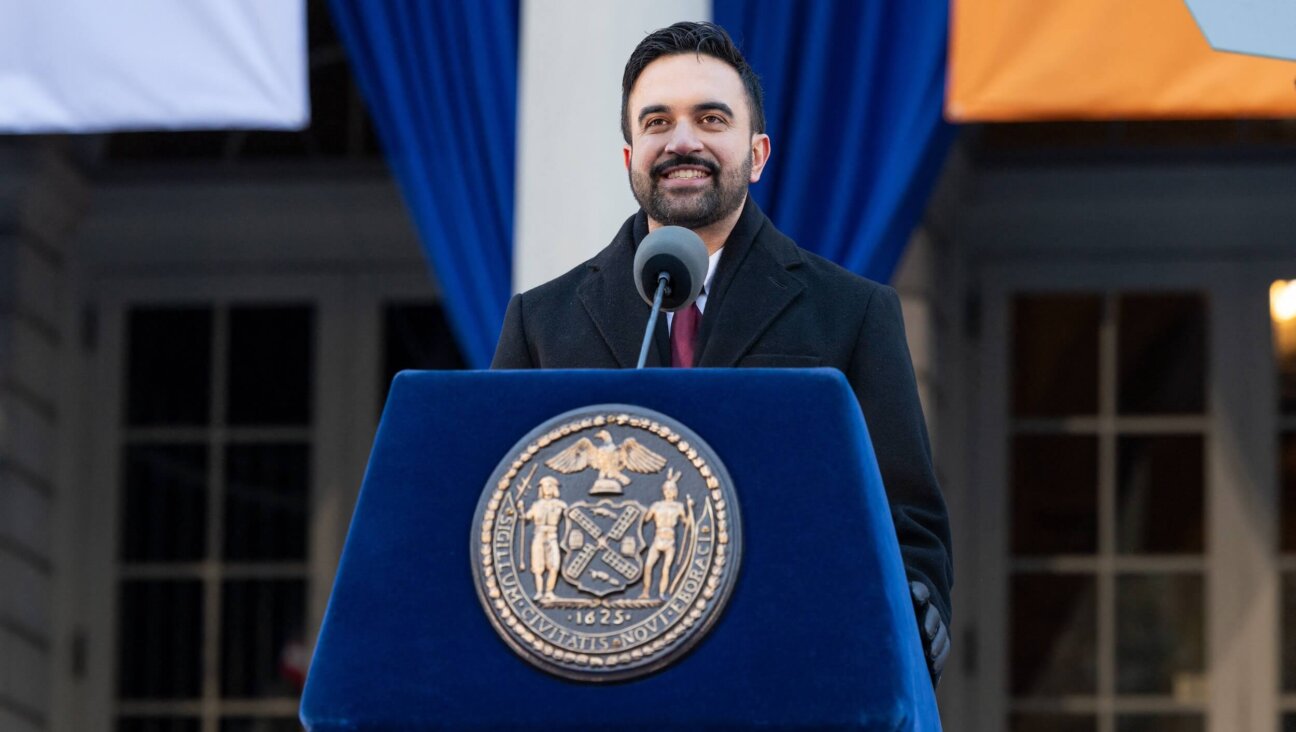A Closer Look at Concentration Camp Artists

Image by Courtesy Cinema Guild
“Because I Was a Painter” is an occasionally interesting but rarely compelling documentary about art that came out of the concentration camps. It fails because director Christophe Cognet keeps the artists themselves at arm’s length. The result is an intellectual exercise devoid of emotion.
The film begins with a shot of summer leaves blowing in the breeze, the camera languidly panning to large stones on the ground. Where are we? What are they? Presumably this is a camp and the stones an art installation memorializing the dead. Or perhaps they’re tombstones? We don’t know. And that is the first of many unanswered questions.
Some of those same questions can be asked about the artists. Who are these people? A placard gives their names and tells where they were held. But there is a disconnect between them and the viewer. For the most part we don’t learn very much more about their experiences. Some did their illustrations in the camps. Some sketched from memory later. Where did they get the drawing implements? How did they manage to hide their work from the guards. Why did they draw?
Someone reads from what appears to be an artist’s memoir, exclaiming he had to draw “because I was a painter,” his intense passion overriding the fear of being caught. I’m not sure whom he’s quoting.
One of the first artists interviewed claims he saw “beauty in death.” His drawings of corpses seem reminiscent of “The Scream” paintings, but no one is standing. It’s just bodies lying on bodies, their mouths open in perpetual anguish. Moving, perhaps. Beautiful? I guess art is in the eyes of the beholder.
There are few revelatory statements and not much background on the artists who are interviewed. There is no effort to tie the arists’ stories together. It almost appears as though the five people interviewed were chosen at random.
That’s a pity, because the notes distributed to journalists reveal the five subjects have compelling backgrounds and fascinating lives. One, because of his skills, was placed under the protection of the camp’s internal resistance. Another was a witness at the Eichmann trial.
On a technical level, Cognet uses the slow pan far too much. Every camp has a beautiful summer shot. At one point he pans from drawing to drawing hanging on a wall, but since they are different sizes, we only see portions of some. Which is strange, given that the most basic film editing software offers alternatives to make these shots more interesting.
A different approach to Cognet’s subject might have done the same for the entire film.














